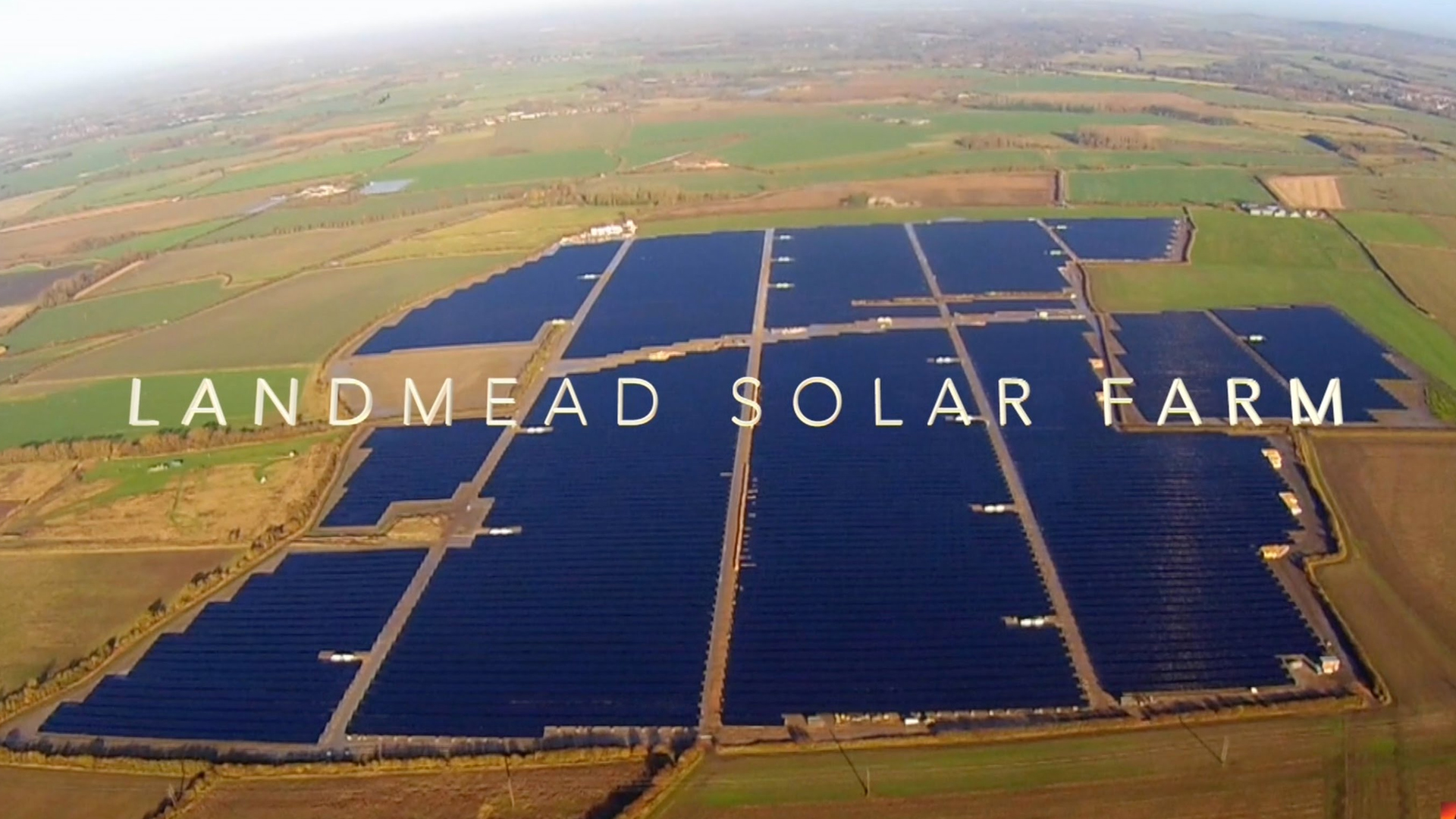Business Rates For "˜mainly Export' Solar Agreed With Valuations Office
The draft rateable values for 2017 for all properties that pay business rates are published on the VOA (Valuation Office Agency) website [1] so companies can see how their properties have been valued. Included within the figures published is an unexpected sharp hike in the solar part of business rates for organisations that use power themselves from solar rooftops that they own. The proposed tax hike has caused dismay in the solar industry and across the green economy. MPs from all sides of the House have raised the issue in Parliament. Ministers are waiting until the publication of detailed proposals to form a view [2].
Due to existing legislation, complex VOA classifications mean that owners of solar panels are split into two classes; those who "˜mainly export' their power, and those who use the majority of power onsite on the sites which they occupy. The good news is that the STA has signed a Memorandum of Agreement with the VOA [3] following close work on the fair treatment of "˜mainly export' generators. This means that most solar systems exporting to the grid or via a Power Purchase Agreement to tenants will see a decrease in business rates, reflecting falling costs, and lower rates of subsidy.
However, great concern remains over the treatment of business and some public sector rooftops. Organisations that own their solar panels and use most of the power themselves "“ a highly efficient option "“ will see a 6-8 fold increase in the business rates they have previously paid for solar. This threatens to damage the commercial rooftop industry and sting businesses taking action on climate change. It is now up to Ministers to intervene to prevent red tape crippling the rooftop solar industry.
Paul Barwell, CEO of the STA said:
"The good news for "˜export' solar is that, in most cases, the rateable value will fall from 2017, some by as much as half. Rates should reflect the true value of the solar asset, as well as the income received. As both of these have fallen dramatically over the last 5 years for solar power, the rateable value has also fallen: logic has prevailed. We now need Ministers to act to ensure similarly fair treatment for those supplying themselves with their own rooftop solar.'
The current situation for solar rooftops will lead to perverse outcomes; two identical installations will potentially pay very different rates depending on who owns the solar panels, and how. For example, an organisation that owns and uses its own solar panels will be paying far more than in a scenario where power is generated by a third party through a Power Purchase Agreement or if the installation is set up as a Special Purpose Vehicle (SPV). A similar scenario arose some years ago on Combined Heat and Power (CHP) and the government took legislative action to correct the position. The STA is calling on the government to now take similar action on behalf of the solar industry. The tax hike will hit some schools, but not private schools with charitable status. Further information is available in a briefing by the STA for the industry [4].
Zac Goldsmith MP who questioned Treasury Minister Jane Ellison on the tax hike at an Environmental Audit Committee hearing last week said;
"The proposed very significant business rate increases will harm businesses and industries seeking to limit their carbon emissions by installing self-supplying solar systems. Given our climate commitments under the Paris Agreement, it makes no sense to penalise businesses for lowering their emissions. I am urging the Treasury to intervene to prevent damage to an important sector, and to ensure that taxation policies work in favour of positive climate action"
The STA has calculated that businesses that use their own onsite power will see a reduction of around 2.5% on their return on investment, damaging project economics. The business rates portion from solar on a typical 100kW installation in this case would rise from £400 per year to £2,700 per year.
Green MP Caroline Lucas who has written to Ministers and who is tabling a cross-party Early Day Motion (EDM) as soon as Parliament returns said;
"Hiking business rates for firms which produce their own energy from solar panels is a short-sighted move. Solar is a cheap and efficient way to produce energy, yet this Government is side-lining this hugely popular technology and now risks allowing it to be undermined. This tax hike will punish those businesses which are acting on climate change, and it should be rethought immediately."
The STA is asking Ministers to table secondary legislation to apply similar exemptions as have been enacted for CHP. The STA is also asking for a permanent exemption from business rates for microgeneration.
Paul Barwell added:
"One of the huge advantages of solar is that it has low operational costs as the sun is a freely available energy source. The estimated £1,000 a year operational and maintenance cost for a typical 100kW system will now be dwarfed by the £2,700 annual rates bill. Legislation needs to correct this anomaly so that all solar installations are treated fairly.'"
The STA is continuing its close dialogue with key stakeholders in DCLG, Treasury and BEIS and has been providing important evidence from asset owners who will be affected by the change in rates and who are reassessing their approach and modelling to investing in solar. Previously microgeneration solar (sites less than 50kW) has been exempt from business rates, but it is not yet confirmed that this will be made permanent in secondary legislation.






























